Mastering Mobile Elevated Platform Safety: Essential Training for Operators
The safe operation of Mobile Elevated Platforms (MEPs) is critical in ensuring workplace safety across various industries, particularly in construction and maintenance sectors. According to the Occupational Safety and Health Administration (OSHA), falls are a leading cause of death in construction, underscoring the importance of proper training for MEP operators to mitigate these risks. A report by the National Institute for Occupational Safety and Health (NIOSH) indicates that comprehensive Mobile Elevated Platform Training can significantly reduce incidents and enhance safety awareness among operators. Given the increasing use of MEPs, it is essential that organizations prioritize these training programs to not only comply with safety regulations but also to foster a culture of safety that protects workers and improves overall operational efficiency. By mastering MEP safety protocols through effective training, operators can confidently navigate the complexities of working at heights while minimizing hazards in their work environment.
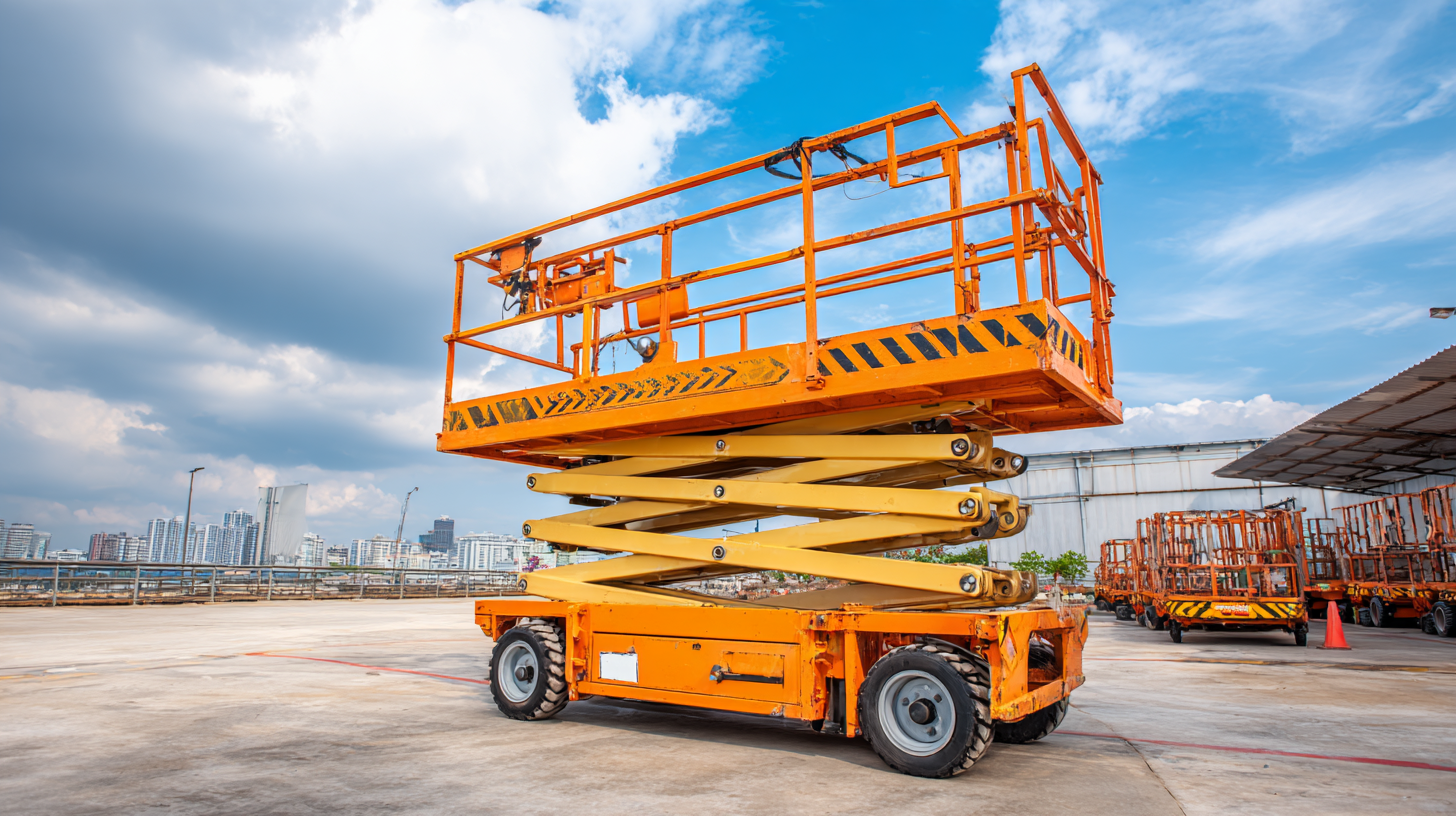
Importance of Proper Training for Mobile Elevated Platform Operators
Proper training for mobile elevated platform (MEP) operators is crucial in ensuring workplace safety and efficiency. As these platforms are commonly utilized in construction, maintenance, and various industrial applications, the risk of accidents and injuries can significantly increase without adequate training. Effective training programs equip operators with essential knowledge about the equipment, including its controls, capabilities, and limitations, thereby fostering a culture of safety.
Moreover, thorough training empowers operators to recognize potential hazards associated with MEP operations. Understanding how to assess the work environment and implement safety protocols can prevent dangerous situations, such as tip-overs or falls. Additionally, practical training sessions enable operators to develop their skills in a controlled setting, reinforcing the theoretical knowledge gained. The importance of comprehensive training cannot be overstated, as it not only protects the operators themselves but also safeguards others in the vicinity, promoting an overall safer work environment.
Importance of Proper Training for Mobile Elevated Platform Operators
Key Safety Regulations and Standards for Elevated Platforms
When discussing "Key Safety Regulations and Standards for Elevated Platforms," it’s critical to emphasize the importance of robust training programs for operators. Elevated work platforms, such as scissor lifts and boom lifts, pose significant risks if not operated according to established safety protocols. Regulatory bodies often implement strict guidelines to ensure that operators are both knowledgeable and compliant with safety practices. This involves understanding the capacities of the equipment, adhering to load limits, and maintaining a constant awareness of surroundings while operating these machines.
Recent developments in broader regulatory landscapes highlight the importance of safety frameworks in various sectors. Just as the European Union is moving toward stricter regulations for online platforms to enhance safety in digital services, similar principles apply to physical safety in workplace environments. Employers must invest in comprehensive training that not only meets regulatory requirements but also fosters a culture of safety and accountability among operators. By doing so, organizations can mitigate risks and promote a safer working environment, aligning with global trends that emphasize the significance of responsible and regulated operation across all industries.
Common Hazards and Risks Associated with Mobile Elevated Platforms
Mobile Elevated Platforms (MEPs) are invaluable tools for a wide range of construction and maintenance tasks. However, they come with inherent hazards that operators must recognize and manage to ensure safety on the job site. According to the Occupational Safety and Health Administration (OSHA), falls are one of the leading causes of fatalities in the workplace, contributing to nearly 33% of construction-related deaths. Properly addressing the risks associated with MEPs is critical for protecting both operators and other personnel present on site.
Common hazards include tip-overs, falls, and electrocutions. A report by the National Institute for Occupational Safety and Health (NIOSH) found that about 64% of boom lift accidents were due to improper setup or operator error, highlighting the need for comprehensive training. Furthermore, working near overhead power lines poses a significant risk. In a study conducted by the American National Standards Institute (ANSI), it was observed that incidents related to contact with electric lines accounted for 7% of MEP-related fatalities. Ensuring that operators receive specialized training on the specific hazards of MEPs can greatly reduce these risks and contribute to a safer working environment.
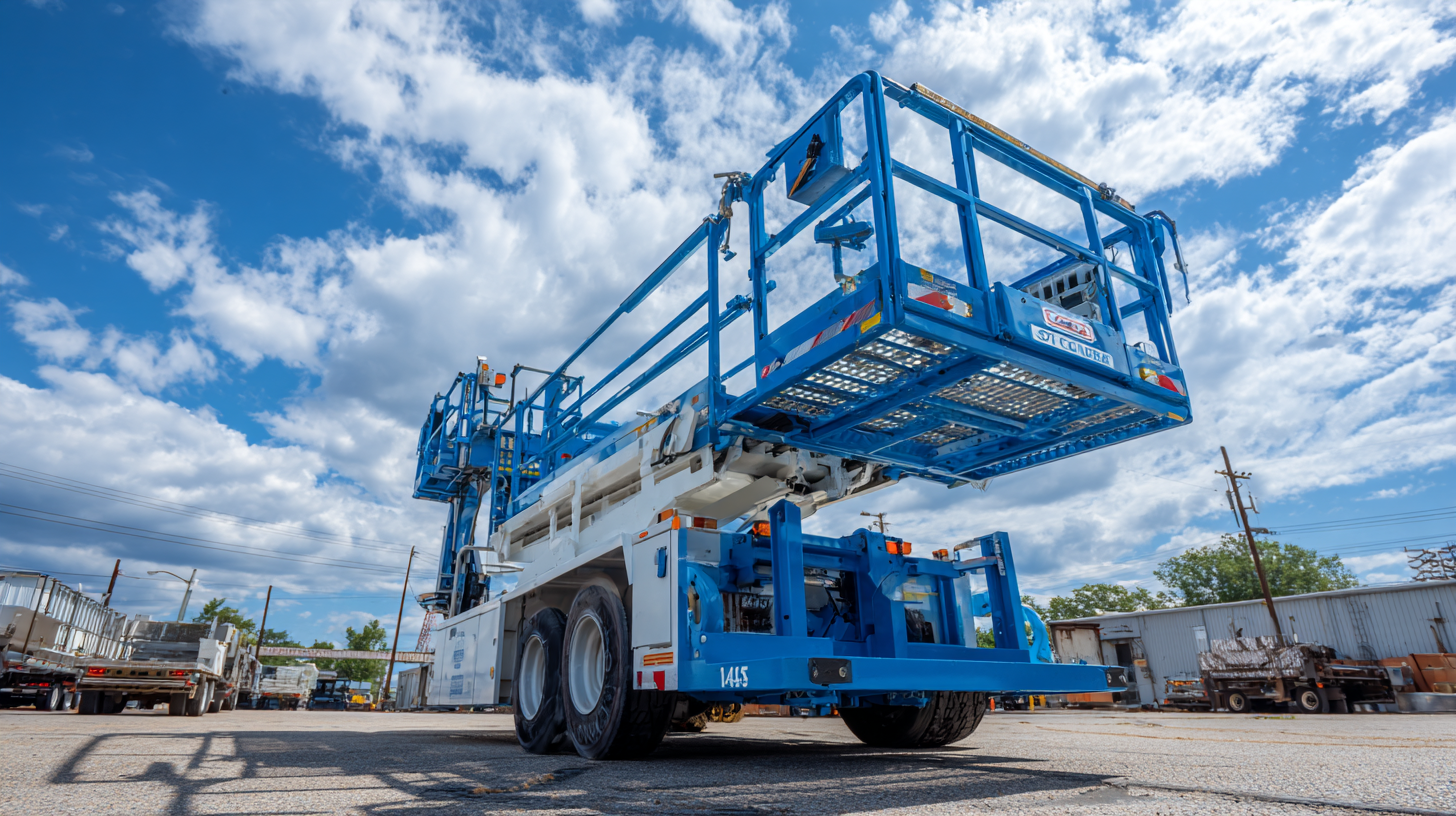
Essential Skills and Best Practices for Safe Operation
To ensure the safe operation of mobile elevated platforms (MEPs), operators must acquire essential skills and adopt best practices. Understanding the specific mechanics and functions of the equipment is crucial. Operators should be trained to conduct thorough pre-operation inspections, which include checking the platform’s controls, emergency systems, and structural integrity. Recognizing potential hazards in the work environment, such as overhead obstacles or unstable surfaces, is also a vital component of safe operation.
In addition to technical knowledge, operators should be well-versed in utilizing personal protective equipment (PPE) and adhering to safety protocols. Implementing fall protection measures and maintaining proper communication with ground personnel can significantly reduce risks. Regular refresher courses and hands-on training help reinforce these practices, ensuring operators remain proficient and responsive to any emerging safety concerns. By mastering these essential skills, operators not only protect themselves but also contribute to a safer working environment for everyone involved.
Strategies for Ongoing Safety Assessment and Improvement in the Workplace
In today’s dynamic work environment, ongoing safety assessments are crucial for the effective operation of Mobile Elevated Platforms (MEPs). Organizations must implement structured strategies that not only ensure compliance with safety standards but also promote a culture of continuous improvement. Regular evaluations and feedback loops enable operators to identify potential risks and adjust practices accordingly. This proactive approach is essential in mitigating accidents and enhancing overall workplace safety.
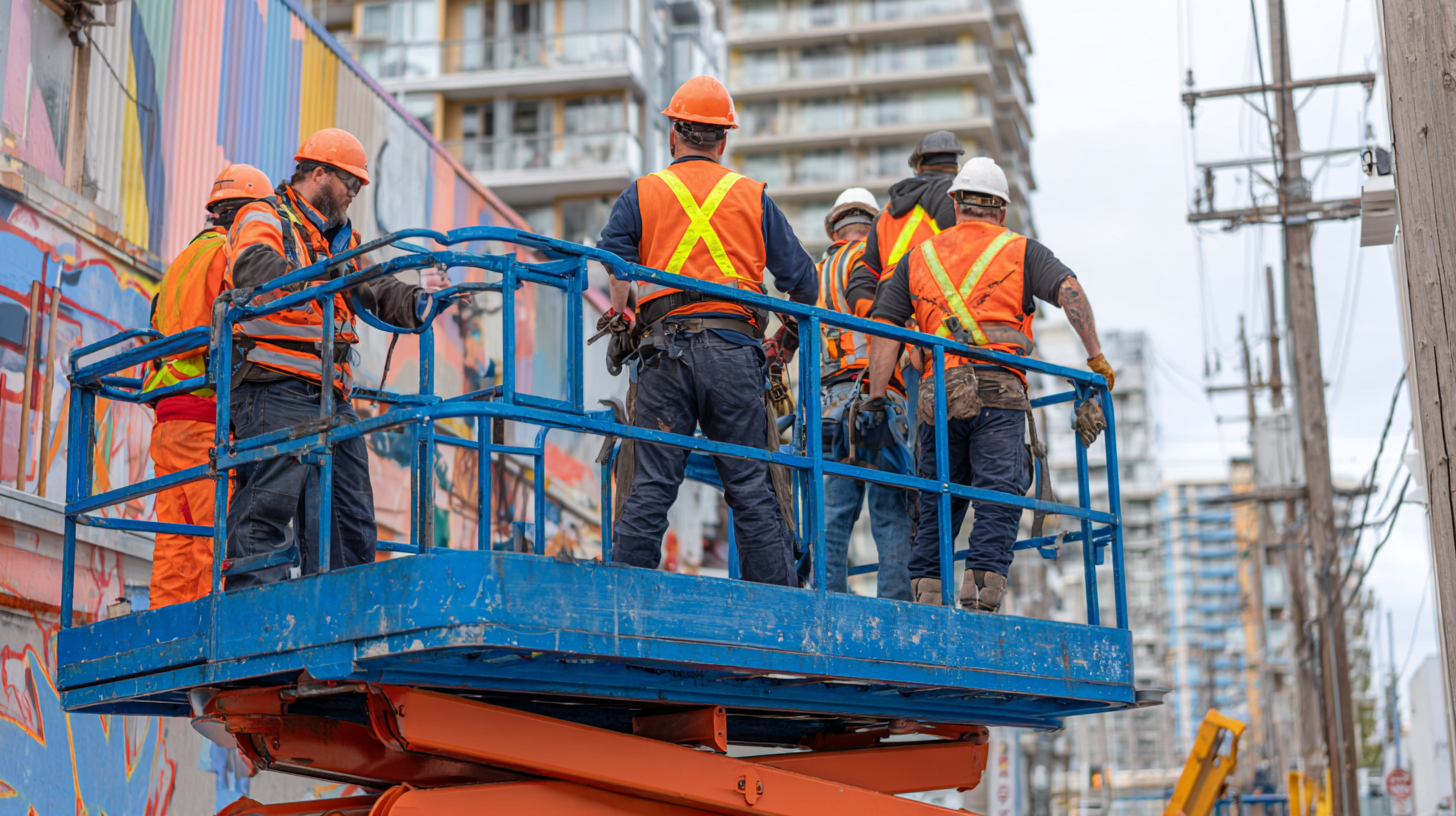
Building on the lessons from broader safety practices, such as those seen in environmental health and safety frameworks, companies can draw parallels in addressing the specific challenges associated with MEP operation. It is vital to continuously refine training programs for operators and integrate safety evaluations as an ongoing process rather than a one-time initiative. By leveraging data analytics and performance metrics, organizations can fortify their safety protocols, ensuring that all personnel are well-equipped to handle the unique challenges posed by working at heights. This commitment to safety not only protects employees but also fosters confidence among stakeholders, reinforcing the value of thorough safety practices in operational success.
Related Posts
-
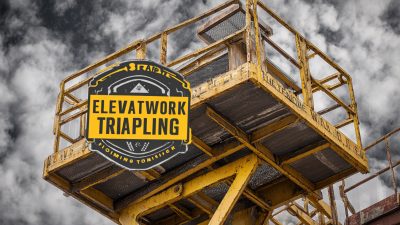
The Evolution of Elevated Work Platform Training for a Safer Tomorrow
-
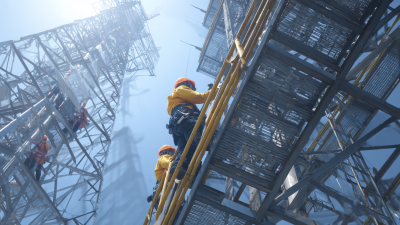
Exploring Innovative Alternatives to Best Mast Climbing Work Platforms Mewps
-

How to Enhance Safety with Mobile Elevated Work Platform Training
-

Future Trends in Best Construction Mast Climbers Market by 2025 Insights for Global Buyers
-
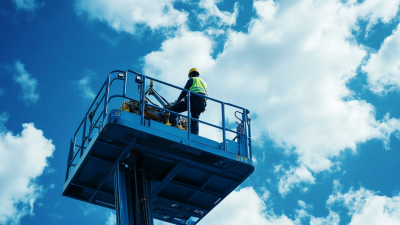
Unmatched Manufacturing Excellence from China's Leading Factory on Best Ansi Aerial Lift Standards
-
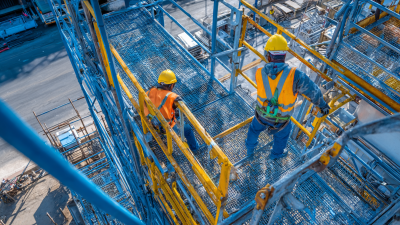
Ultimate Guide to Ensuring Safety in Elevated Work Platform Training with Data Driven Insights
